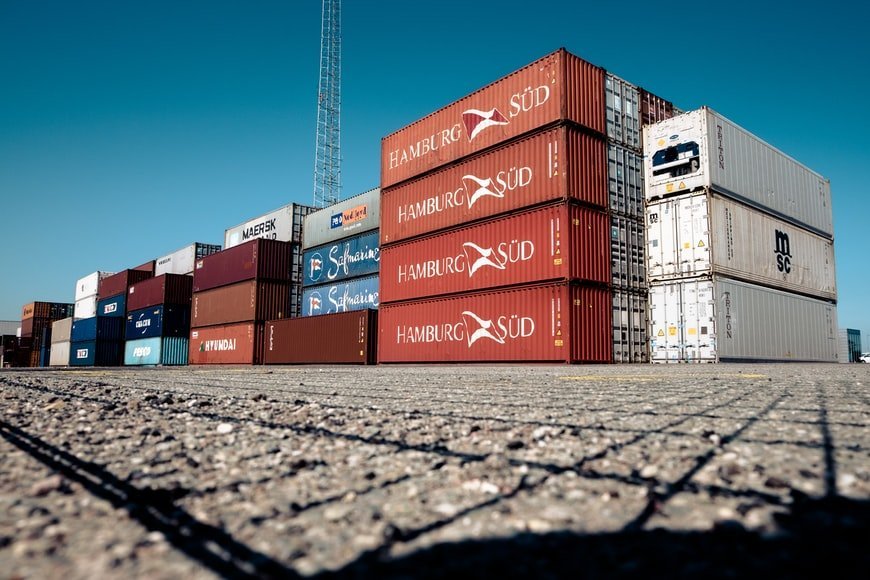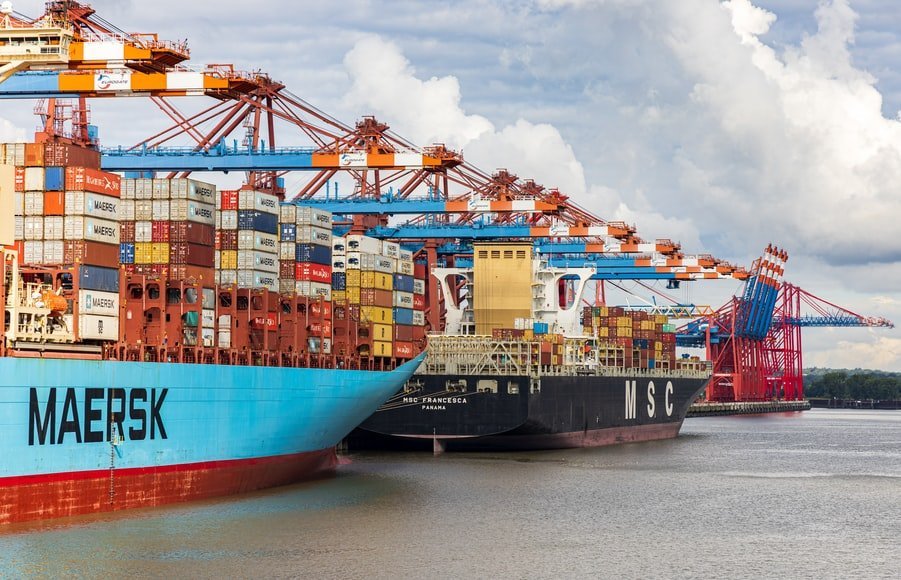6 Facts Shippers Need to Know About Container Fumigation Requirements
by Abdul Aziz Mondal Technology Published on: 20 December 2021 Last Updated on: 16 October 2024

Importing and exporting goods come with a number of requirements shippers need to be aware of. One of them is booking container fumigation services before cargo can be shipped or offloaded at the port of delivery. Fumigation is a requirement most countries insist upon to prevent potential pest infestation.
Every country has its own set of regulations for managing pest control when cargo is shipped in or out. Every shipper needs to be aware of these legal requirements if they want to ensure their customers’ goods are safely delivered. If you’re in the shipping business and want to find out more about fumigation requirements, read on.
6 Facts Shippers Need to Know About Container Fumigation Requirements
1. Container Fumigation Applies to All Shipped Cargo
Container fumigation applies to all goods and cargo being shipped, whether inbound or outbound. Cargo may be food, vehicles, furniture, timber products, and anything else being shipped for companies and individuals leaving or entering a country.
Pests will take up residence in a container at any time although some are more dominant at certain times of the year. To manage a potential pest infestation, border authorities will insist on fumigation no matter what the cargo is and where it’s coming from.
2. Exotic Pests Are a Threat to Agricultural and Other Industries
Exotic pests can grow in large numbers, becoming a huge threat to agricultural and other industries such as nurseries that grow and sell ornamental plants. Food crops can be decimated by a pest infestation brought in from another country. To protect a country’s agricultural sector as well as nursery and timber industries, to name a few, shipping companies are obliged to fumigate all cargo coming in.
In countries such as Australia and New Zealand, the brown marmorated stink bug (BMSB) poses a big threat, and the two countries are always on the lookout for this pest. Wood borers are also a threat to cargo being shipped and container fumigation is a legal requirement to protect against these pests.
3. The Process for Acquiring a Fumigation Certificate
Each country has its own set of fumigation requirements and a certificate needs to be obtained so the shipping company can prove the containers have been properly fumigated. Countries such as Australia stipulate that all cargo needs to be fumigated against the BMSB from September to April. This must happen 72 hours before being loaded onto a vessel.
Once a fumigation certificate is issued, the shipping company needs to send it along with other documents to port authorities for approval before cargo can be released. By being aware of each country’s legal requirements for controlling pests, you can acquire a fumigation certificate by following the proper processes.
4. What to Look for When Checking Cargo
Shippers need to be on the lookout for pests in cargo and also on their vessels. Signs that indicate you may be carrying problem pests include:
- Dead or live animals: Birds, rats, beetles, bugs, ants, snails, and mice can all pose a threat when brought into another country by either carrying the pest or being the problem itself.
- Frass and holes in timber: Wood borer activity can be indicated by holes in timber products or a “dust” pile which is also known as frass.
- Soil, mud, and plant matter: Organic material such as soil or plants can carry pests. Seeds can allow exotic plants to grow in another country. This results in invasive plants establishing themselves.
A full inspection entails investigating containers, inside and outside, machinery, vehicles, foodstuff as well as inspecting pallets and other items used to store the cargo.
5. Fumigation Procedure: What Happens?
The fumigation procedure differs from country to country and depends also on which service provider you use. Each country will also recommend the type of fumigation required to control pests before cargo is offloaded at the port.
In Australia, seasonal measures are put in place to control the spread of BMSB. Fumigation may be done using the following procedures:
- Methyl Bromide: Specific dosage and timing is stipulated for all shipped cargo.
- Sulfuryl Fluoride: Specific dosage and timing applications also apply for all shipped cargo.
Heat treatment is also acceptable as long as specified temperatures and timing are adhered to for all goods. Shippers also need to familiarise themselves with onshore and offshore treatment requirements.
6. Information Required on Pest Control Certificates
When your pest control certificate is issued to the shipping company, it needs to contain the following details:
- The date of fumigation and which procedure was used
- The reason for fumigation
- Which fumigant agents were used
- The temperature range if heat treatment was applied
- Description of the cargo or goods in the container
The ISPM 15 stamp is mandatory for all timber products together with the pest control certificate.
Final Thoughts
Shipping companies are responsible for adhering to certain legal requirements stipulated in countries worldwide. This includes container fumigation for the control of exotic pests. By familiarizing yourself with these regulations, you can prepare and plan your shipping to ensure the successful and safe delivery of cargo.
Read Also:




































































































